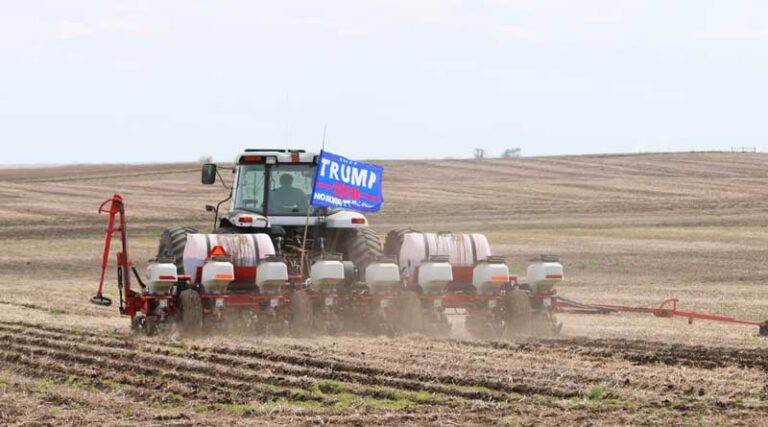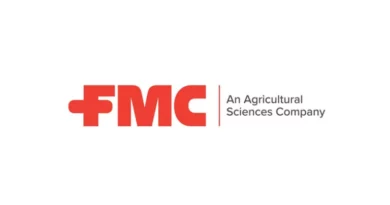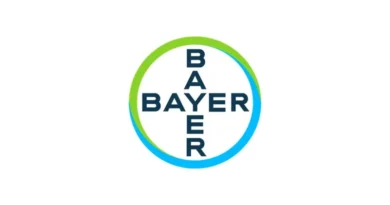
PMFAI Seeks U.S. Tariff Exemptions for Medicinal, Veterinary and Public Health Pesticides
03 September 2025, New Delhi: The Pesticides Manufacturers and Formulators Association of India (PMFAI) has voiced urgent concerns over the United States’ recent decision to impose a 50% tariff on agrochemical imports, warning that the move could severely impact Indian exporters and disrupt global supply chains in pharmaceuticals, veterinary care, food security, and public health.
The tariff hike stems from an order regulating imports under a “reciprocal tariff” framework aimed at addressing U.S. trade deficits. While pharmaceutical products have been granted exemptions, pharmaceutical-grade pesticides with proven medicinal and veterinary use have been excluded because they are classified under agrochemical HS codes.
Highlighting the urgency of the matter, Mr. Pradip Dave, President of PMFAI, said “The U.S. tariff hike is not merely a trade barrier but a direct challenge to global health, veterinary care, and food security. India is a key supplier of critical agrochemicals, and timely policy intervention is essential to safeguard both domestic industry and international supply chains.”
Medicinal and Veterinary Products at Stake
PMFAI highlights that products such as Permethrin (listed in the U.S. Pharmacopeia for human lice and scabies treatment) and Fipronil (an essential veterinary ectoparasiticide) deserve inclusion under the pharmaceutical exemption. The association argues that reclassification of such substances under HS Chapter 30 would better reflect their real-world applications and ensure continued availability in both human and veterinary health sectors.
Public Health Concerns
PMFAI also calls for exemptions on WHO-recommended public health pesticides, which are critical for controlling malaria, dengue, and other vector-borne diseases. These include widely used molecules such as Permethrin, Deltamethrin, Alpha-cypermethrin, and Lambda-cyhalothrin—many of which are exported in significant volumes from India.
The association warns that tariff barriers on these products could jeopardize ongoing public health programs in malaria- and dengue-endemic regions, noting that India is one of the world’s largest suppliers of these life-saving vector control tools.
Food Security-Critical Molecules at Risk
In addition to medicinal and public health products, PMFAI emphasizes that several agriculturally critical pesticides are also at stake. Molecules such as Mancozeb, Cypermethrin, 2,4-D, Chlorpyriphos, Diuron, Triclopyr, Lambda-Cyhalothrin, and Neem Seed Oil—not widely manufactured in the U.S.—have seen strong export volumes from India in recent years. The new tariff regime could disrupt U.S. food security supply chains that rely on these imports.
PMFAI’s Appeal to Government
To safeguard Indian exports and global supply chains, PMFAI has urged the government to take urgent steps. The association has called for bilateral negotiations with the United States to secure tariff exemptions for pharmaceutical-grade, WHO-approved, and food security–critical pesticides. It has also emphasized the need for export rebates and enhancements under the RoDTEP scheme to help Indian exporters remain competitive in the face of higher tariff barriers. Additionally, PMFAI has recommended reclassification of medicinal-use pesticides under pharmaceutical and veterinary categories within the HS code system, aligning them with their real-world applications. The association further suggested that the government consider compensatory relief equivalent to the U.S. tariffs in order to protect domestic manufacturers and mitigate the impact on India’s agrochemical sector.
A Global Challenge
PMFAI stresses that the U.S. tariff hike is not only a trade issue but also a pharmaceutical, public health, and food security challenge. Restricting access to these essential products risks disrupting malaria control efforts, veterinary disease management, and food production worldwide.
Also Read: Maize Breeding Through Biotechnology Can Boost Yields by 10-15% in India, Says IIMR
📢 If You’re in Agriculture, Make Sure the Right People Hear Your Story.
From product launches to strategic announcements, Global Agriculture offers unmatched visibility across international agri-business markets. Connect with us at pr@global-agriculture.com to explore editorial and advertising opportunities that reach the right audience, worldwide.






